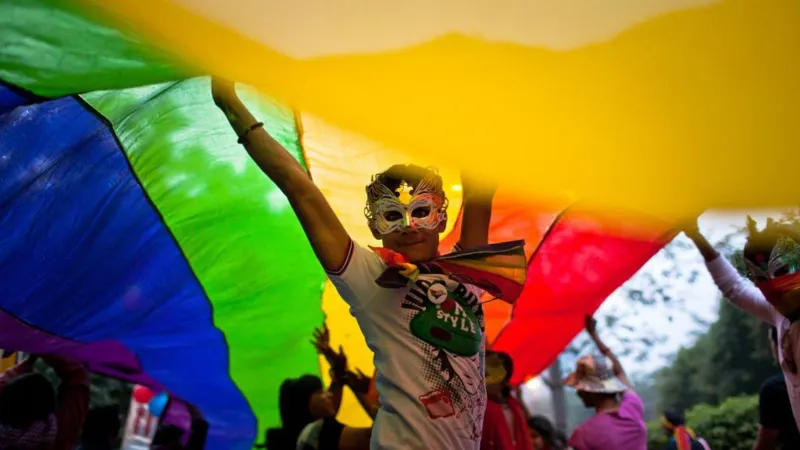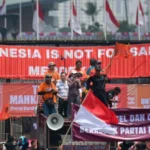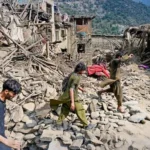LGBT individuals claim the long-standing prohibition is “discriminatory” and have filed a legal challenge against it.
The mother of Vyjayanti Vasanta Mogli required frequent blood transfusions as she battled advanced Parkinson’s disease on her deathbed.
Though Ms. Mogli, a trans woman living in Hyderabad, a city in southern India, was her mother’s primary caretaker, she was unable to donate blood.
She called the procedure “traumatising” and said, “I had to keep posting [requests for blood donors] on WhatsApp and Facebook groups.”
While many others don’t, Ms. Mogli was lucky to discover donors for her mother.
A physician in the northeastern state of Manipur named Beoncy Laisharam related the story of a patient whose transgender daughter was unwilling to donate blood for the patient’s medical care.
“The father required two to three blood transfusions per day. Blood from other sources could not be found,” the woman stated.
“He died two days after being brought in.”
Sharif Ragnerka, a 55-year-old writer and activist, filed a petition against the restriction on LGBT blood donation in India’s Supreme Court as a result of these stories.
The Indian LGBT community demands an end to the “discriminatory” blood donation prohibition.
In a historic decision in 2018, India's highest court legalized homosexual relations; however, transgender individuals and gay and bisexual males are still prohibited from donating blood.

Leave a comment
Leave a comment






